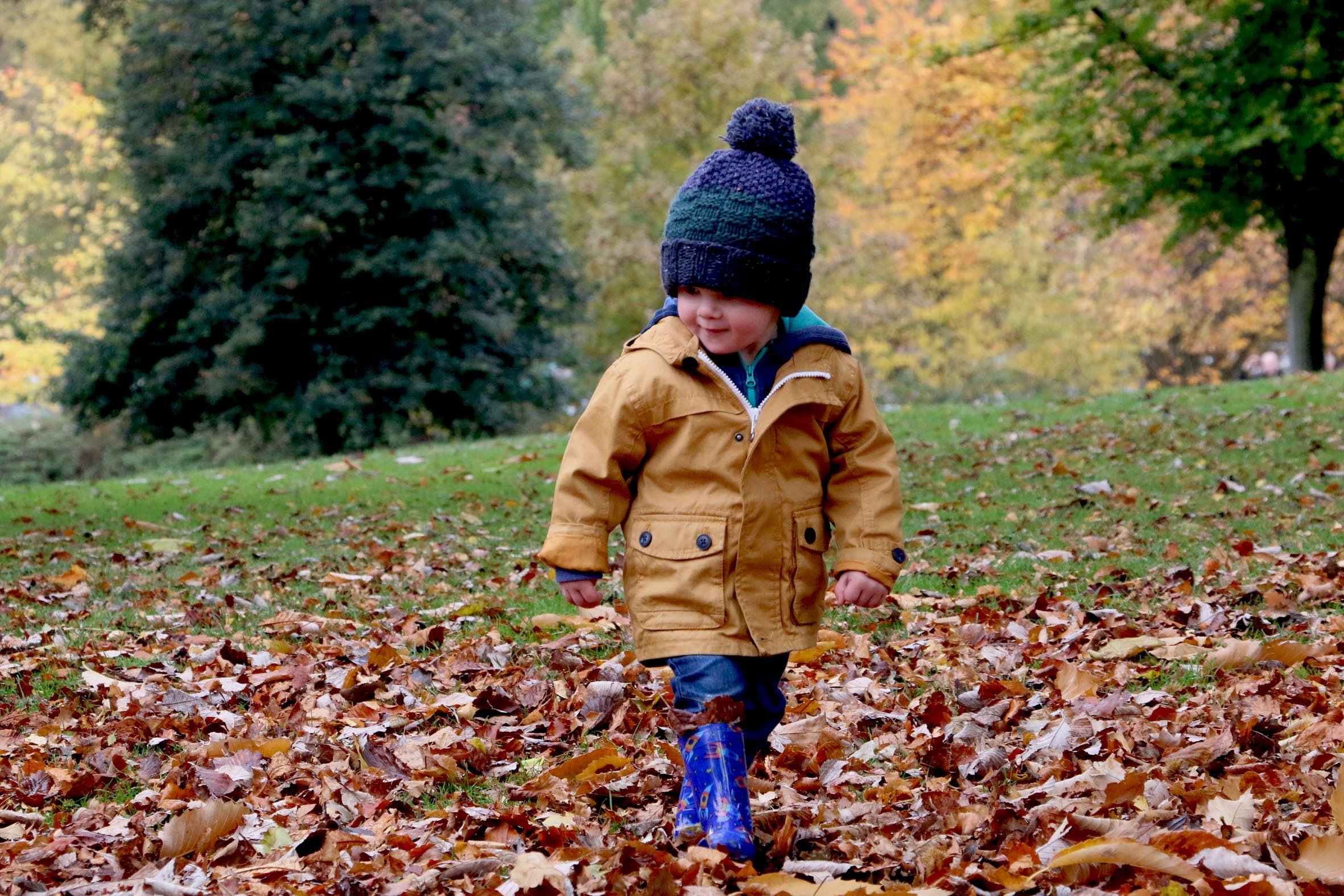CBT for Children’s Anxiety: A Guide for Parents
Cognitive Behavioral Therapy (CBT) is an evidenced-based approach to mental health treatment that focuses on the connection between thoughts, feelings, and behaviors. Children with anxiety, depression, and other mental health diagnoses often experience distorted and unhelpful thoughts that lead to negative feelings such as anxiety, depression or irritability.
Strategies from CBT help individuals identify, challenge, and replace negative and biased self-talk with more truthful and helpful beliefs. These strategies ultimately lead to a decrease in feelings of distress and significant improvements in functioning.
Take this situation for example. A child struggling with anxiety has an important presentation coming up in school. This child might think, “I stink at presentations. I am not going to do well. I will stumble over my words and all the kids will laugh at me.” This thought leads to feelings of anxiety and hopelessness. The client’s thoughts and subsequent feelings, cause the client to avoid practicing her presentation, leading to a disappointing grade.
Using strategies from CBT this same child can learn to identify her negative thoughts and replace them with more truthful and helpful beliefs. Instead of telling herself, “I stink at presentations. I am not going to do well. I will stumble over my words and all the kids will laugh at me.” She might think instead, “I have felt like this in the past. However, when I practice my presentation I feel more prepared. In fact, the last time I gave a presentation my teacher gave me a compliment and no one noticed the mistake I made.” The child’s feelings of anxiety will decrease and she will be more likely to rehearse her presentation, leading to an overall positive experience.



